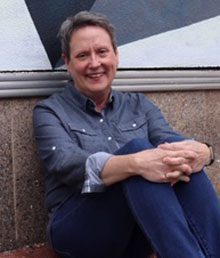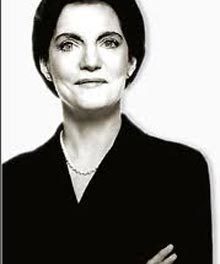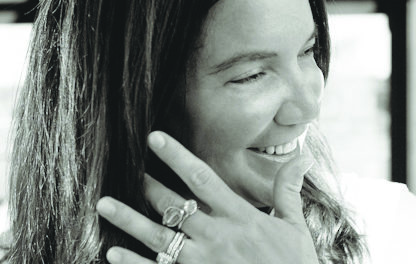On Wednesday, February 23, I watched Ukrainians practice for air raids, stacking children on shelves in bunkers under their elementary school. One country away, by the Kremlin Wall, Vladimir Putin placed a wreath at the Tomb of the Unknown Soldier commemorating Defender of the Fatherland Day, a holiday Ukraine abolished in 1992. After the 2014 Revolution of Dignity, Ukraine established Defender of Ukraine Day. On February 24, 2022, Russia fired missiles into Ukraine.
Our wild state of Alaska is separated from Russia by a narrow passage of water, the Bering Strait, a distance of approximately fifty-five miles. Nothing really, just water, wind, and current. Mainland USA’s boundaries touch Canada and Mexico, economic partners, friends if mostly by acquaintance. We butt up against one another like Russia and Ukraine separated by borders drawn on maps made real, maybe surreal, with fences, walls, natural impediments, and lines in the sand.
How would it be if over many years, or suddenly, our country decided to crossover and declare our neighbors as our own? Or, vice-versa? If we contrived our own mythology to justify our actions? Such behaviors define chaos, a dissolution of world order, and a trespassing of inferred civility. When my husband remarked, “Maybe I’ll be called up,” I was abrupt. “You’re too old,” I spouted off to a retired Marine lieutenant colonel. Looking back, I regret the quick reaction. I admire his thought, his open mind to the possibility to do something, a reminiscent obligation, duty.
In a never-ending thirst for power, wealth, geographical mass, and empire building, humanity displays its worst self. Just a couple of Sundays ago, some in the Christian world heard a gospel of loving enemies along with the humility to turn a cheek. And then there was this question: if you love those who love you, what credit is that to you?
We are coming into a new season; spring, resigned acceptance of our pandemic fragility, a teetering economy, and foreign tyranny. Some of us are entering Lent, a time of fasting and penance commemorating the forty days a man named Jesus spent in wilderness thousands of years ago. I have a friend in a neo-monastic community in British Columbia who planted a new thought for me about my upcoming observance. She challenged me to think differently. Instead of, or along with, fasting, penance, and abstinence, she suggested a “lush” Lent, a time of self-care, mystery, and surprise. To let things go and let things be. To know when enough is enough. To persevere in transformation.
The confines of living a dualistic life — us against them, good versus evil, mind or body — puts us at odds with peace and serenity. The friction in the air is palpable and electric. The tiniest spark of an ill-temper, a sharp word, or a piercing glance can start a wildfire in our personal and collective deserts. Now is the time to apply a salve of calm and care to ourselves and one another because it’s an ugly time even as daffodils raise their golden heads in an annual homage to renewed life. Look for them. Shun despair, worry, and fear to discover the better side of our times, however small or insignificant the signs may seem.
Ukraine has borders. We have ours. And yet, we know borders have been changed, rearranged, broken, ignored, and breached since the beginning of knowable time. Whatever this season brings, I suspect I’ll spend my Lent waking up and praying through it in an effort to try to love those who may be smarter, more savvy, or just better strategists than I am. The only borders I control are the ones surrounding my heart








